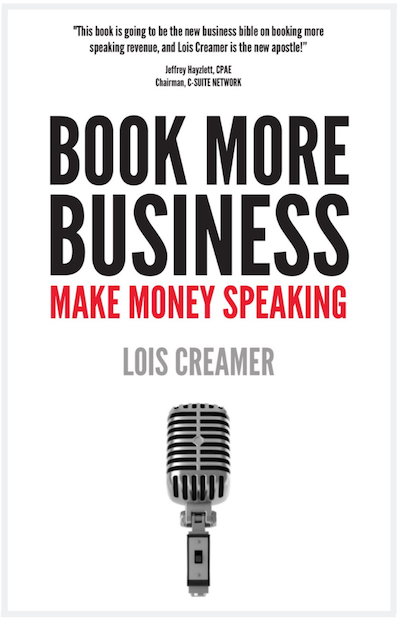- In a world where every conference room now doubles as a studio, speakers must treat recordings the same way authors guard their manuscripts.
Why this matters even more in 2025
Recording is now assumed. With hybrid events now roughly 20% of total meetings and delivering big ROI for organizers, planners routinely capture programs for on-demand replay and internal micro-learning. Seven out of ten North American planners say their meeting spend will rise this year, yet 75% list cost control as an important consideration. They may see recordings as a way to stretch value.
Your IP is vulnerable. Simply paying your fee doesn’t give the right to stream, slice, or sell your talk, yet many still assume it does. It’s your responsibility to control how your IP is used.
The one-page “Recording & Use Agreement”
Keep this on your letterhead (digital and printed, on your phone or laptop) so you can whip it out when you arrive in a room and see it set up for recording. I’m not a lawyer, but these plain-English clauses can control and protect your content.
1. Delivery of master—The client will provide you with the unedited master file (or download link) within ___ days. I would like you to ask for this in case something on the cutting room floor could serve you well, such as audience footage.
2. Permitted audience – Access is limited to employees/attendees of your client only. Not to be used outside of the organization that hired you.
3. Term of use – Internal viewing rights for _____ months (fill in: 3, 6, whatever works for you).
4. No resale or external distribution—The recording may not be sold, licensed, posted publicly, or fed to an AI training model without written permission.
5. Your marketing rights – You may excerpt or repurpose content for your promos, products, or social channels.
6. Security—The client will host the file on a password-protected (or SSO) platform and turn off downloads.
7. Destruction/archival—After the agreed term of use, the client deletes or archives the file per your instructions.
Keep it to one page; complexity can scare planners more than your restrictions.
After you receive the master
Ask yourself:
1 . Could this become a paid digital product (full replay or modular course)?
2. Is the audio clean enough for a podcast episode or audiobook extra? (Think Notebook LM AI).
3. What 30-second clips would shine on LinkedIn, Insta, TikTok, or your speaker reel?Bottom line
Speaking is an intellectual property business. A simple, friendly recording agreement does three things:
1. Protects your content from unapproved distribution and use.
2. Signals to the client that you’re a true pro.
3. Sets you up to monetize the footage. This is crucial when even well-funded events want more for less.Carry the doc, pull it out with a smile, and pat yourself on the back for protecting your IP and positioning yourself as a consummate pro!
Lois works with professional speakers who want to book more business, make more money and fully monetize their intellectual property! She can be reached in the following ways:Email: Lois@BookMoreBusiness.com
For more information on Lois’ business check out http://www.bookmorebusiness.com Sign up so you don’t miss a blog post at http://www.BookMoreBusiness.com/blog


